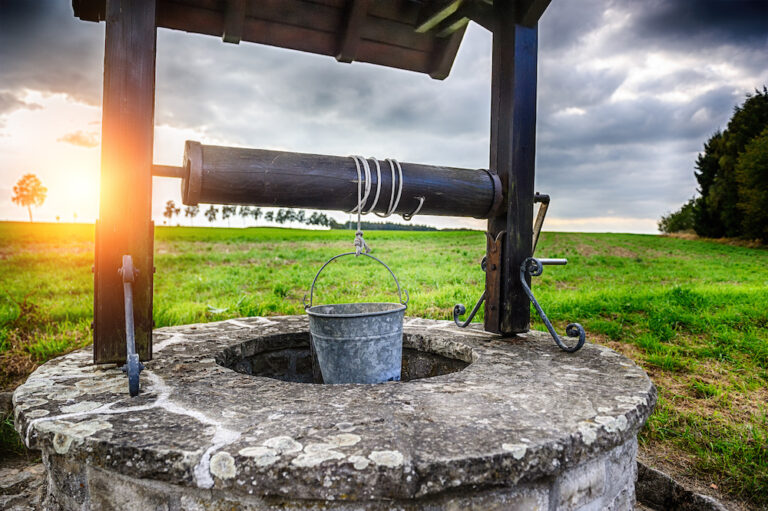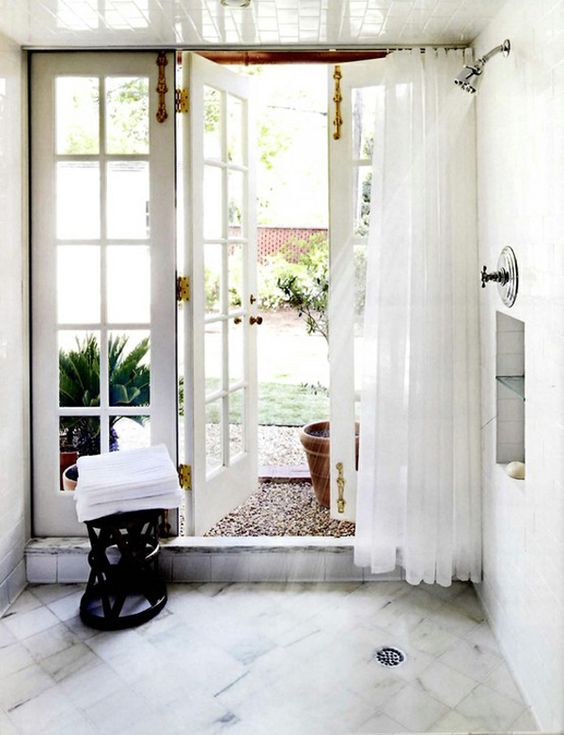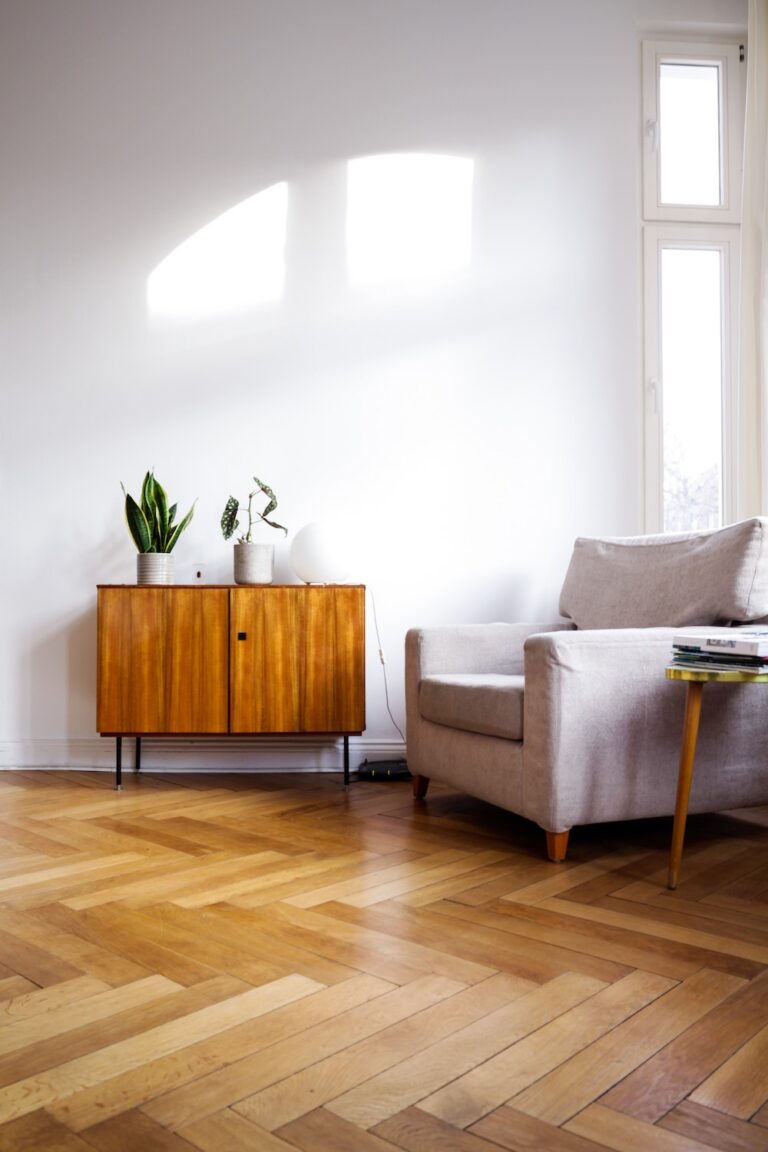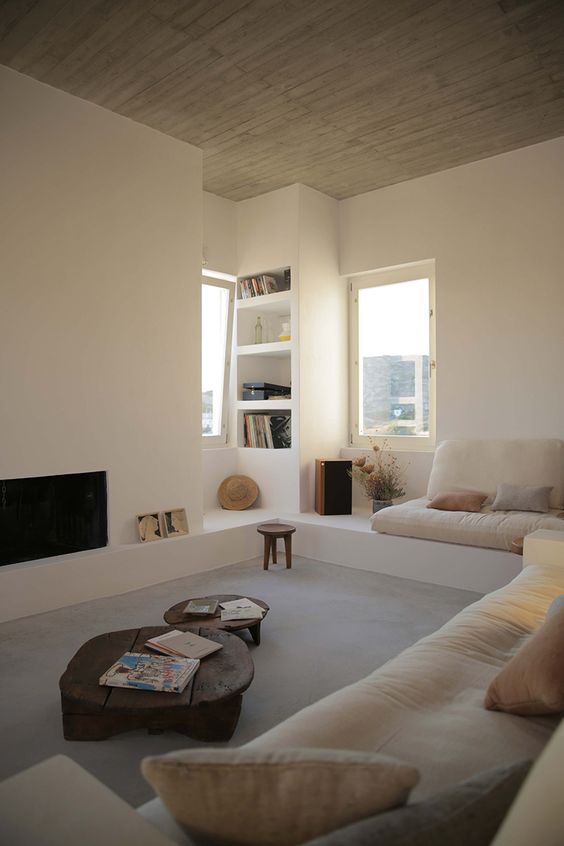How to Choose the Right Decking Material
If you want to extend the floor space of your home or create a stunning patio area to relax on and use for entertainment in the future, installing a deck is a good idea. However, there are lots of different things to consider before adding a decking to your home, with the materials that you will use being one of the most important considerations to make.

There are various different materials available, each of which have their own unique advantages and disadvantages. For example, wooden decking can look beautiful, but it is also more susceptible to warping and splitting compared to other popular decking materials like composite. If you want to build a deck in your outdoor space, here are some of the main things to consider when choosing which material to use.
Your Decking Location:
Before choosing a material and building your decks, it is a good idea to determine the exact location of where you want your deck to go. Consider whether it is going to be an extension of your house or a standalone addition to your garden or backyard. The amount of light that the area gets is an important factor to think about since prolonged exposure to sunlight can cause the colour of the decking boards to fade over time. You should also consider the general environment that the decking will be subjected to, including the amount of moisture in the area, to help you decide which material will be the most suitable.
Decking Materials Available:
If you want to use decking boards to build your deck, there are three types of material for you to choose from. These are treated wood, untreated wood, and composites. Treated wood is a popular choice since it has been chemically treated to offer better durability and is resistant to infestations, rot, and decay. On the other hand, untreated wood is natural and tropical hardwoods can look stunning, but it does need more maintenance in general.
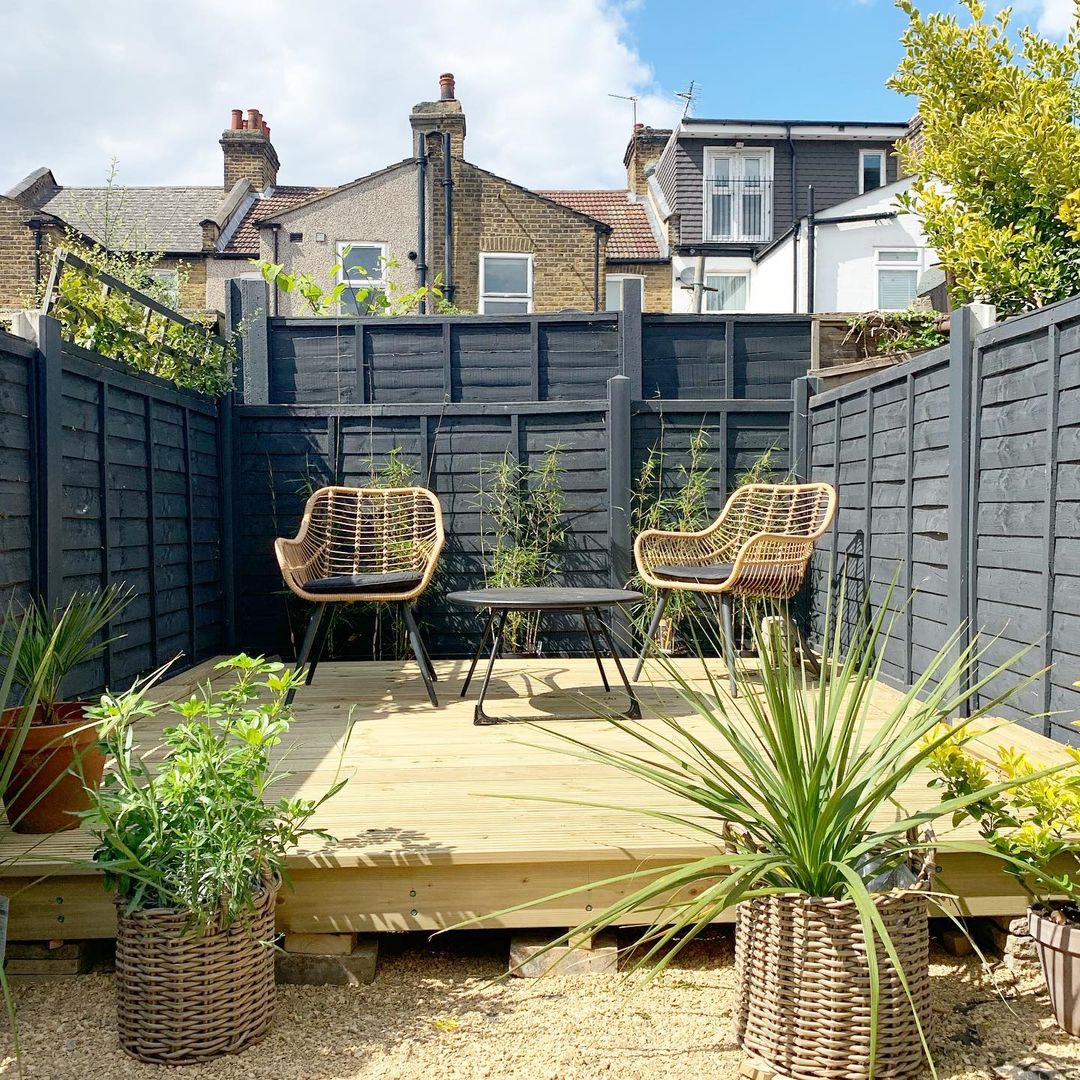
Wood style composite decking is also a popular choice that is becoming more and more commonplace in the UK. Ecoscape UK provides a wide range of wood style decking options that are worth considering. Composite is not only available in styles that mimic natural wood, but since it is a combination of both wood and recycled plastic, it is one of the most durable and low-maintenance options.
Maintenance:
Maintaining your deck and keeping it in good condition is another important consideration to make when choosing your decking material. Think about how much time you will have to dedicate to cleaning, treating, and applying sealants to your decking. Whichever type of material you choose, you will need to clean and maintain it every now and again to keep your deck boards in good condition and prolong their life. Proper maintenance will ensure the longevity of your deck and will prevent any premature warping, rotting, or staining, particularly with wooden deck boards, which are more susceptible to these problems. If you want a low-maintenance deck where all you need to do is keep it clean, composite decking boards could be ideal for you.
Heat Resistance:
During the summer, you will want to have a deck that is comfortable to walk on and use. If it becomes hot, materials like plastic or metal can seriously heat up leaving you uncomfortable or even posting a danger to your wellbeing and health. Composite deck boards tend to have a lower heat resistance compared to timber and other wooden decks. Lighter coloured decking boards in any material tend to be more resistant to heat compared to darker colours.
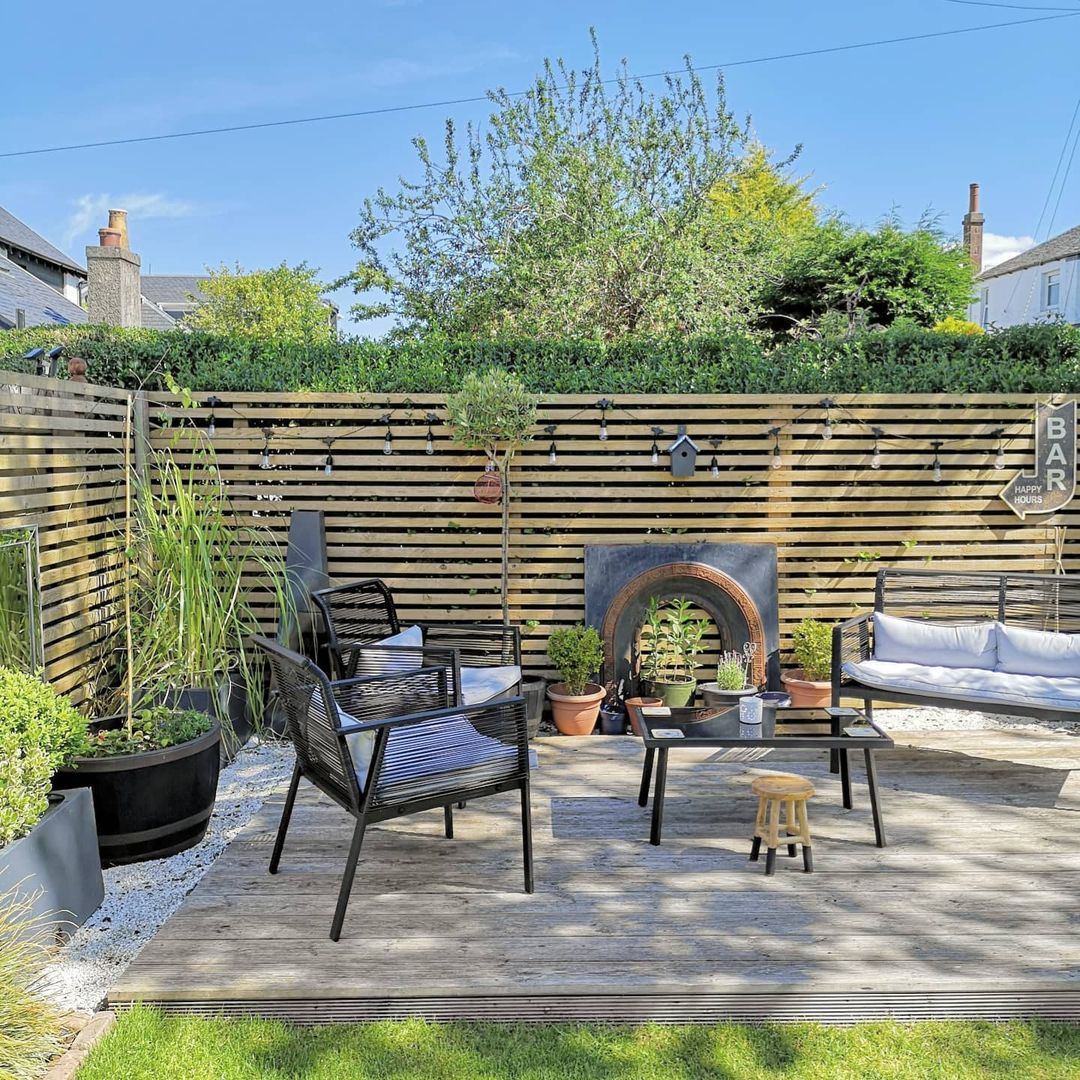
Durability:
Taking the above factors into consideration, think about the durability of the decking material and how long you would like it to last you. If you are sprucing up the garden to sell your home, you might not be too concerned about the longevity of the decking materials compared to revamping your garden in a home that you plan to live in for a long time. In general, composite decking materials tend to be the most durable and long-lasting as long as they are well-maintained, kept clean, and in good condition. Tropical hardwoods are another great choice in terms of durability, but they will also require a lot more maintenance compared with composite.
Sustainability:
All decking materials will have some impact on the environment since they require ongoing chemical maintenance or are made using materials such as plastics. If you are concerned about your personal impact on the environment, choosing eco-friendly and sustainable decking materials is important. Reclaimed wood is a popular choice of decking material for those who want to be more environmentally friendly. Composite made with recycled wood and plastics is another good alternative option that is designed to prevent waste products from ending up in landfill. Composite also requires less chemical treatment over time compared to alternative decking products, helping you to reduce the amount of toxins released into the environment in your area.
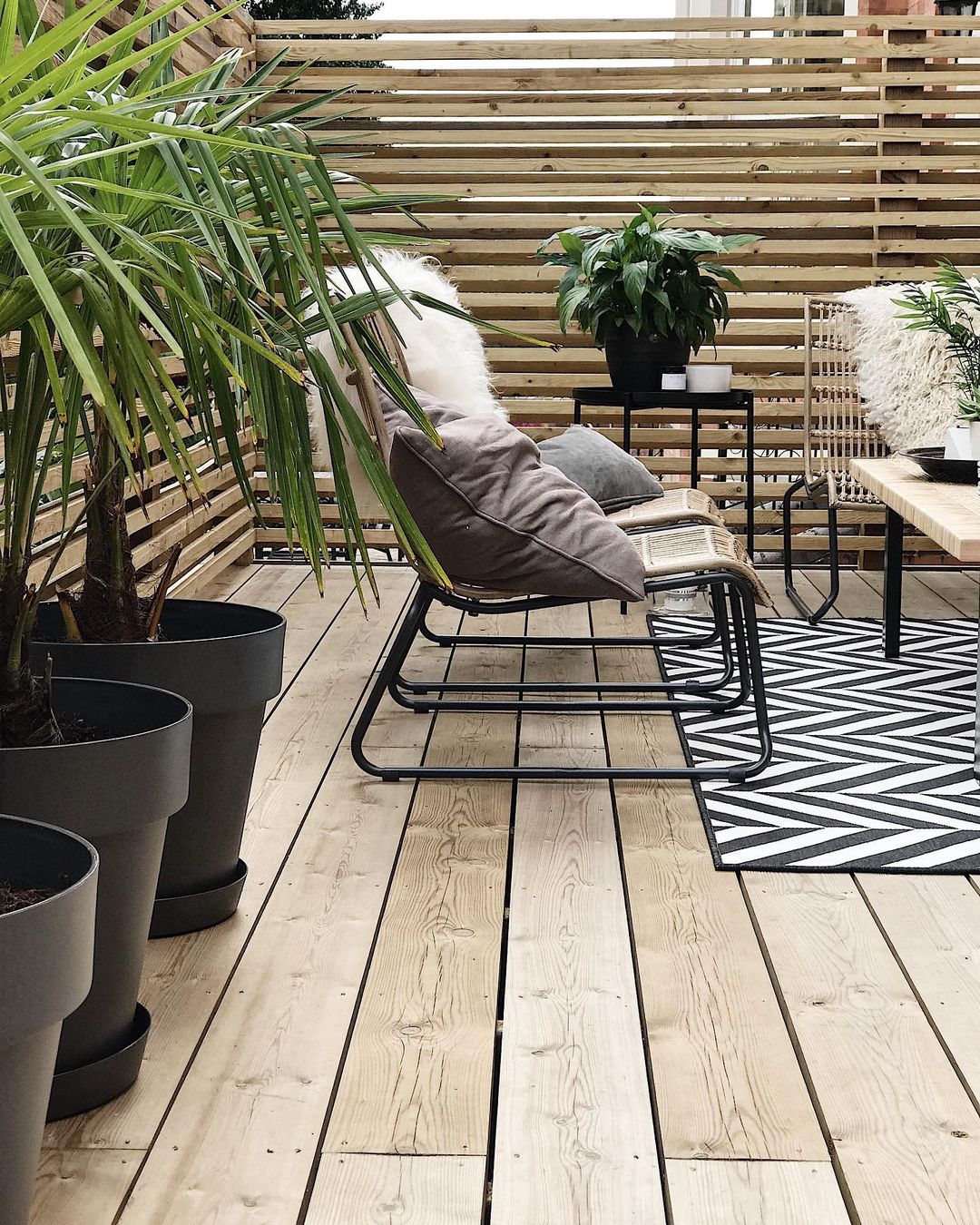
Cost:
The cost of decking materials will always vary depending on a number of factors, including the type of boards that you want to use, the size of your deck, the style of your deck, and the company that you purchase from. Treated deck boards are highly available, making them some of the cheapest options to use – although customised lengths will often cost more. Due to their limited supply, natural hardwood decking materials tend to be the most expensive. Composites are also on the pricier end of the scale since they need to be manufactured rather than cut. However, the low maintenance nature of composite decking often means that they are worth the initial investment since they will cost you less to maintain over time and are less likely to require replacing as soon as other decking materials.
A deck can make a huge difference to your outdoor space. But with so many options to choose from when it comes to decking materials, it’s no surprise if you’re feeling a little confused as to which one to choose. Keep these factors in mind to help you decide.

